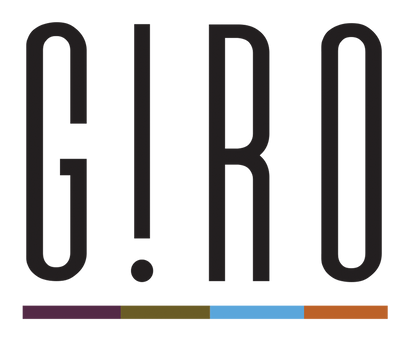Mitad del Mundo - Espresso - Ecuador - 250g
Sold Out £13.00
MITAD DEL MUNDO
A sweet, rounded coffee. Notes of black cherry, chocolate ganache and pops of blackcurrant lead to a finish like amaretti biscuits.
It is with great pleasure that we are welcoming back into our range an espresso roast of ‘Mitad del Mundo’, a coffee that showcases perfectly balanced fruity and chocolatey notes, produced in Ecuador’s southern region of Loja.
The Producers
This year we are working with a fairly small lot of coffee that combines high scoring outturns produced by just three different coffee producing families. 60% came from Milton Granda with the remaining 40% coming from César Toapanta and Carlos Hidalgo. With their farms close to the micro-region of Quilanga in Loja, in the south of the country, they are also tending to complementary food crops, like sugar cane, maize, soy and other beans and livestock. Production methods are fairly rudimentary, using hand-cranked depulpers to remove the skins from the coffee cherries when it comes to processing. Shade is utilised to slow down and create more uniform drying of the coffees post-processing.
The farmers grow their coffee under shade trees, with plantains and guavas being popular choices. This coffee is a combination of Typica, Caturra and Bourbon varieties and has been traditionally depulped and fermented, before being washed and dried under shade on patios. As with the lot from last year, expect dark fruit jams and a super clean cup.
The Exporter
Caravela, our exporting and importing partner for Ecuador, provide us with an incredibly detailed traceability report which breaks down exactly which farmer has contributed what volume to the lot, and the price they were paid for their coffee, which is elevated well above market rate to reward the hard work that goes into producing clean coffees with a high cup score. As well as being transparent and forthcoming with information about how they're buying coffee, they’re ready and willing to explain their PECA (Programa de Educación a Caficultores) program. Employing a team of agronomists and field workers on the ground year-round, they frequently travel to their producers to dispense advice and guidance which is designed to help improve the quantity and quality of coffee that a farmer is producing. It's especially difficult for Ecuadorean coffee farmers, as the associated cost of production is much higher than their neighbours in Peru and Colombia.
Some information we witnessed Ivan, the head of PECA, sharing with a group of producers was a recipe for homemade fungicide, using milk and beer as the base. This offers a great cost-saving alternative to share with a producer who wishes to curb coffee-leaf rust on their farm but cannot afford to buy chemical fungicides or wish to avoid using toxic chemicals on their farms. Also, advice on pruning techniques and analysing the climate and soil conditions on each of the producers’ farms enables Caravela’s team to offer specific advice about when to perform certain practices. For instance, mulching and the application of fertilisers is tailored to the particularities of the microclimate experienced and varieties being grown on each farm.
Ecuador boasts a negative carbon footprint for green coffee production, with -0.5kg carbon emitted per kilo of green produced, thanks in part to the native forestry maintained and protected on coffee farms acting as a carbon sink, as well as minimal use of fertilisers and agro-inputs. Caravela have been working in Ecuador since 2007 and now support a network of over 200 individual coffee farmers and families. Their main buying hub for the south is in Catamayo. After being cupped and graded, blended lots are composed and the parchment coffee is moved to Quito to be hulled and have the quality refined and homogenised at Caravela’s own dry mill.
© 2025 G!RO .

